Texas breweries showed out at this year’s Great American Beer Festival. Brewers in Texas are producing…
Craft Beer #MeToo: Fallout and Path to Healing
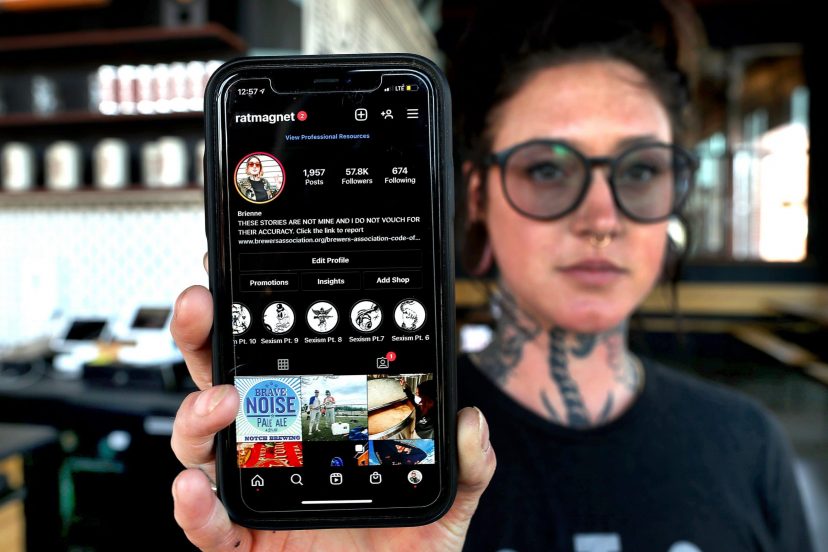
This past 3 weeks has exposed the toxic underbelly of the craft beer industry. A craft beer #MeToo scandal full of sexual harassment, sexual assault, racism, bullying…stories are being exposed through an on-line movement, culminating in a demand for change and accountability. It has led to many prominent brewers to step down and/or make amends for systemic failures. What is the path toward healing? Is there a path?
The social-media post from female brewer, Brienne Allan of Notch Brewing aka @ratmagnet on Instagram, was simple: “What sexist comments have you experienced?” A question that within days had hundreds of answers. It began as anonymous comments that women had experienced within the craft beer industry. It quickly evolved into something much bigger than that. A tidal wave of experiences revealing microagressions that ranged from comments such as “are you strong enough to lift the heavy equipment” to “do you use yeast from your female anatomy?” Macroaggressions such as groping and rape were also reported and many of the craft beer industry’s biggest names are being called to task.
In San Diego, this movement has prompted leadership changes. Modern Times announced on Twitter that CEO, Jacob McKean is stepping down. In a full page statement, McKean apologizes for a contentious interaction with an employee.
“No one should ever have to be traumatized at work, and it guts me that people have under my watch. I take full responsibility for that.”
Jack McKean – Former CEO Modern Times
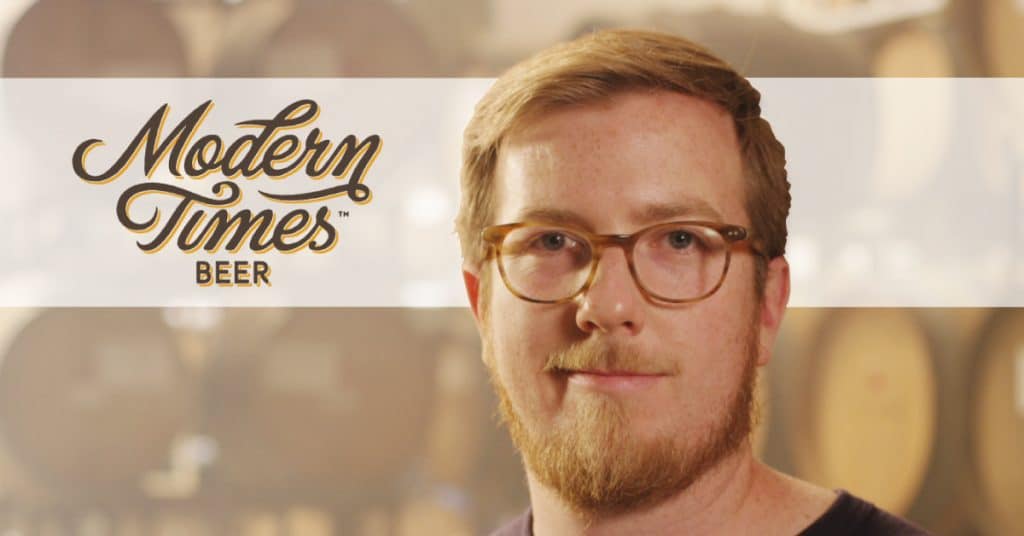
Virginia Morrison, president of the San Diego Brewer’s Guild issued a statement.
The San Diego Brewers Guild stands by victims of harassment, particularly in the craft brewing industry. In our tight-knit community, it is deeply concerning to hear stories of our female members being physically or mentally harmed by industry peers. We encourage our members and fans to read, listen and reflect on what each of us can do to make these stories a part our past and not our present or our future.
In an interview with ABC news affiliate in San Diego, Morrison stated “We stand by the victims and we’re calling for change.” Morrison went on to note that the guild wants to get breweries the resources, education and support that they need to prevent these instances from occurring.

Modern Times is already stating that they are implementing changes at their locations. They have initiated an anonymous third party system for reporting sexual harassment. They have also parted ways with head brewer Derek Freese as reported by Brewbound. An Instagram account initiated by employees at the Oakland location posted the following statement:
The Oakland-based staff of Modern Times Beer have watched with disappointment and embarrassment as the stories of sexual harassment within our company and industry were published by Brienne Allan…We will not be pouring beer in Oakland until we feel that company leadership acts in a way that aligns with our personal values of inclusion and equality, and that appropriate actions and measures are put in place to prevent further discrimination and harassment.
Some beer bars in the Bay Area have taken the action of not carrying beers from breweries named in the allegations.
To date, the industry has not provided much of an organized effort to address these behaviors. Much of the burden has fallen on women to become hyper-vigilant. The ridiculous burden requiring a victim to become less vulnerable. However, in the wake of recent events and groundswell of momentum has emerged requiring the industry to take an honest and transparent look at finding solutions to the industry’s most predictable emergency.
Rebuilding trustworthiness in the craft beer industry
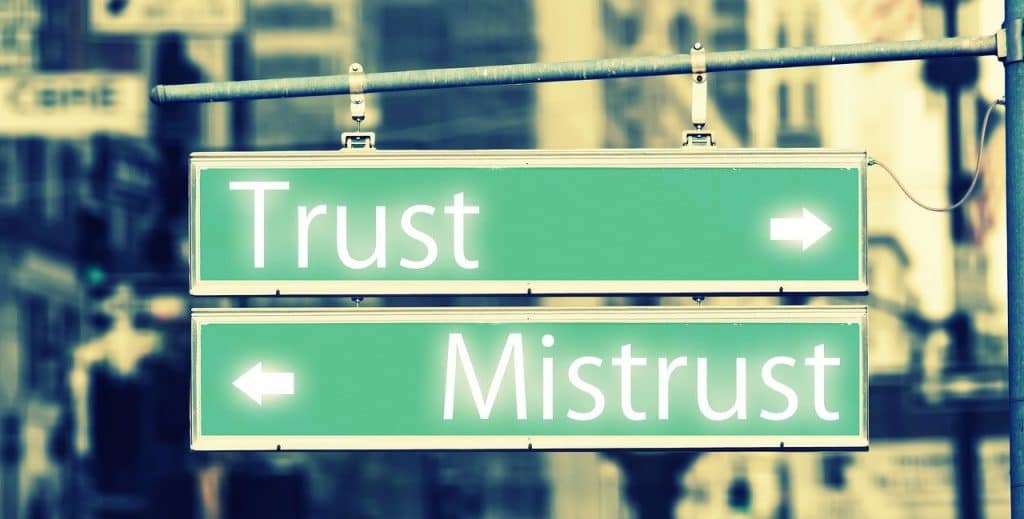
As a practicing therapist, what I know of human beings is that we all crave two things from our relationships:
- Trustworthiness
- Value
We step onto a stage at birth with two big questions: Who am I? and Am I safe? How I’m valued settles the question of identity. Trustworthiness settles the question of safety. This week has shown that the craft beer industry has failed women as responsible relational partners. Women are not guaranteed any safety and they seem to mainly matter as ornaments for male pleasure. Trustworthiness and relational value are the two pillars that meaningful relationships are built upon.
Trustworthiness is important, because it lets me know how reliable this relationship is. How predictable and dependable it is. If I can count on you, I can develop growing trustworthiness with you.
Value is important, because it lets me know what my worth is to you. How I matter to you. If I’m regarded well, I have value. If I’m regarded poorly, my value is poor. In employee/employer relationships there is a market value placed on my role with the company. I get paid so much money for the skill set I provide in the business. Market value isn’t the only valuing behavior necessary to produce relational worth in the working environment. At minimum, I can expect to have professional interactions with peers and supervisors. I can expect honest feedback, both formal and informal. I can expect a meaningful way of issuing grievances.
Trustworthiness
This question about safety and trustworthiness is essential not only to the philosophical underpinnings of work safety but also in the foundation of how men and women will interact in this industry. For trustworthiness to be present, there must be three factors at play: predictability, justice and transparency.
Predictability through responsible and reliable interaction. It is incumbent on the industry to develop ways to supply what women need and supply it in a consistent fashion. When this basic principle is met, individuals within the relational dynamic develop stability. Traditionally, it has been women who have had to rely on personal vigilance to keep themselves safe. To be mindful of what they wear, how flirty they are, move in groups, park in lighted areas, etc. Women need not be the only ones shouldering the burden of personal safety in the work environment. This should be a part of the employee contract. Interactions shouldn’t be weapons plunging into vulnerabilities, they should be the tools used to develop safe connection with colleagues. Chaos or unpredictability destroys consistency, responsibility and reliability; rendering the relationship untrustworthy. This has been the common sentiment expressed by women in the industry over the last week.
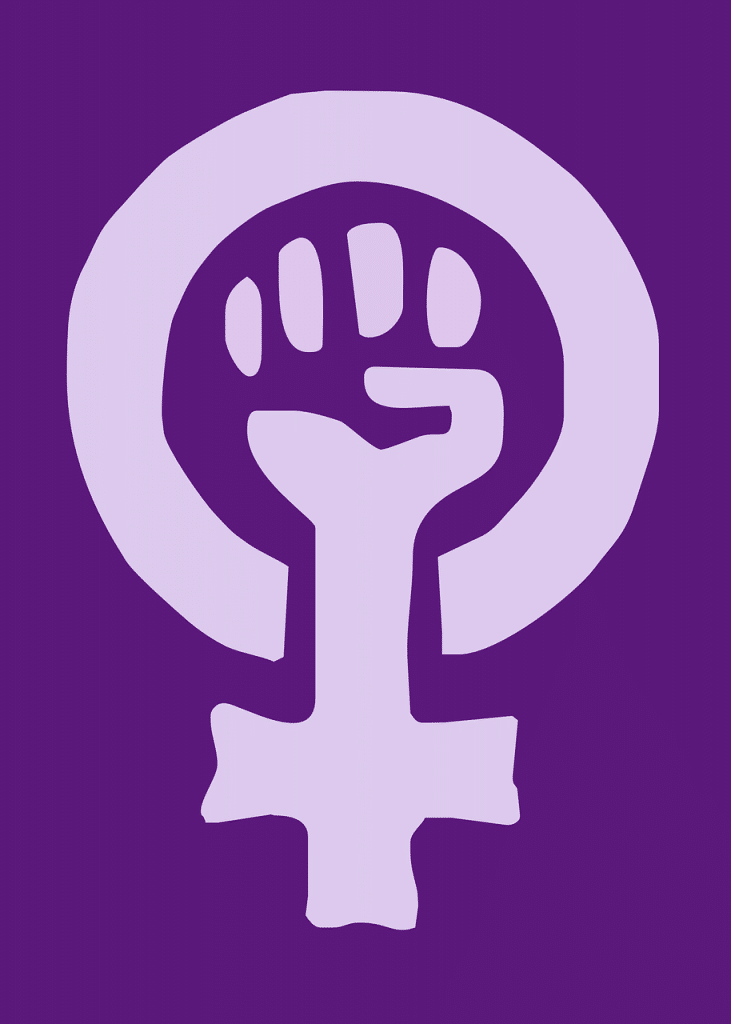
Women began to take matters into their own hands, by intolerantly naming the names of individuals and breweries who have participated in an unsafe work environment. Human beings are equipped to do two things in relationships: make meaning about themselves and decide how to act. Personal power, then, is the action in relationship which can be used with agency or reactively. Power and meaning are almost always mutually informing. Just as nouns and verbs inform one another about what something is and what something does, power communicates and influences the meaning that we draw or interpret from situations, and the meanings that we draw influence the power we exert in our actions.
The stories that have emerged over the last two weeks indicate that women have drawn meaning that they are inherently unsafe and are viewed as inferior to men in the industry. This meaning has influenced the actions of women showering social media with #MeToo stories. Demanding industry-wide changes. Actions, not words. Demanding safe and mutually respectful conditions. The hierarchy of a male dominated industry is being challenged, if not toppled. The lack of predictability in the industry has become intolerable and female force has been required. Because men were negligent, women are starting to take control of the narrative to shape the beliefs of those interacting in this worker relationship.

Justice or balance in worker interactions. When there is a balance in relational give-and-take, there is a necessary growth in safety. Women in the industry are at a ridiculous disadvantage, not only in terms of numbers, but in Neanderthal perceptions that women are inferior to men. Brienne Allan’s IG has revealed just how overt these perceptions are. Scads of comments highlight mansplaining the intricacies of the beer business. An unjust interaction that demands a top-down dynamic. To truly understand the functionality of justice in relationships in general and in this industry in particular, it is important to understand that there are essentially, two kinds of relationships. There are vertical relationships which are relationships with a power differential. Top-down relationships such as parent/child, teacher/student or supervisor/employee.

There are horizontal relationships. Relationships of equals; such as partners, spouses or peers/colleagues.

Each kind of relationship bears different responsibilities. To break this down even further, if these relationships were viewed transactionally, through a bank ledger we see the balance of the give and take. On the left side of the ledger are the things that I am entitled to receive from my partner. On the right are the things that I am obligated to give, what I owe, to my partner.
Marriage Relationship
| Entitled to Receive | Obligated to Give |
| Respect Care Intimacy | Respect Care Intimacy |
I entered my marriage expecting to receive respect, care, intimacy, etc. I also entered this relationship expecting to give my partner respect, care, intimacy. The give and take should be balanced. If it’s balanced, I feel safe and secure in our interactions. Disbalance in the give and take would result in feelings that things were unfair and necessary anger would result. If I was doing all the taking and none of the giving I would begin to experience guilt for under-providing in the relational transaction.
Colleague Relationship
| Entitled to Receive | Obligated to Give |
| Professional interactions Collaboration Support | Professional interactions Collaboration Support |
I enter working conditions with my peers with similar expectations. I expect professional interactions and collaboration and support. I perform my role in the company and rely on my peers to perform their. This way the industry functions and profits us. If I perform my role and have to pick up the slack for underperforming peers, I will feel cheated and angry. We are hearing from women who are feeling this lack of justice. Their anger and trauma is emerging in unison. The relational balance has been tilted unfairly against them. They have to foster their own safety, fend off unwanted advances, digest mansplaining, and absorb condescension, all with a smile on their face.
Vertical relationships are different. As a parent, my son was born into the world needing everything. There was not one need he could meet on his own. It was my responsibility to make sure he received everything he needed. That was my obligation, an unconditional obligation that the relationship, by its nature, demanded. There is no expectation for my son to give me anything. He will pass that forward into future relationships.
Parental Relationship
| Entitled to Receive | Obligated to Give |
| nothing | Care Nurture Unconditional love |
In vertical relationships, as it relates to the craft beer industry, the industry is obligated to meet basic principles for their hired employees. A sense of competence. If an employee feels incompetent at her job and doesn’t believe she can learn or achieve what the job demands, she will inevitably feel dissatisfied. The more senior one is at their job, the more competent they will feel. Workers must have a sense that they can excel at their jobs, and that progress will lead to greater autonomy. Value: An easy way to understand the universal need for value is to remember that everyone needs to feel like they matter. Think about all the “systems of life” that you belong to—family, local community, or the workplace.
To belong and thrive in these communities, you need to feel heard. Workers need to feel like the company cares about them as humans and as employees. Stimulation: placing the right individuals in the right positions, consistently adding to their competencies, and providing new learning and growth opportunities. Vision Alignment: does the higher purpose of the company serve or support the employee’s deeper purpose? Employees who find meaning in their work lives will ultimately require that they are spending their time helping a company whose mission they believe in. Workforce culture can truly make or break a company. That’s why it’s essential to have systems in place that facilitates the needs of employees. It’s not enough to give workers a paycheck—if the industry neglects to develop these systems, the fundamental need for a consistent workforce will inevitably suffer.
Employer Relationship
| Entitled to Receive | Obligated to Give |
| Contracted services | Competence Value Stimulation Vision Alignment |
The Brewer’s Association, based out of Colorado, has become the target of much scrutiny, for not doing enough to help. While they offer a means of reporting offenses, the process and availability of that means is unclear to most. In many ways the industry is rudderless and has failed to promote female competence, failed to recognize how females matter to the brand beyond their sex appeal, failed recognize the contributions of women relative to men for advanced positions within the industry, and failed to implement systems to address the needs of its female employees.
Transparency in worker relationships. We are prone to so much search and discovery in our society that it is sometimes discouraging. The past two weeks has shown that people we have respected and admired, not only for their skills but also for their inflated personas, emerged with unsavory aspects brought to light. Now that we have seen the underbelly of our craft beer idols, peeked into their “real” selves we are feeling jaded and questioning everything we thought we knew. This prompts a good question: “Is there anyone who is really who they appear to be?” It is a good question because it is reflective of the faith that we hold not only in human beings in general but also in our relationships specifically.
Transparency is essential for us to be able to trust in the industry. It allows us to deal constructively with these elements of imperfection. If I know that I am imperfect, am unreliable in the way I perform my responsibilities, or irresponsible toward balanced give and take, then deep down I know that everyone copes with the same problem. If the industry can be open about its imperfections, openness fosters adaptability and cohesion.
What has happened in the beer industry is simply that the hierarchy has demanded that females adjust to the shortcomings and live as if the problem cannot be corrected or that there is no problem. Transparency isn’t simply saying “This is who I am, and to be a part of this is to take me as I am.” Rather it means, “This is what I see in myself, and I believe that I can be better.” Transparency needs to point toward growth. This pulls us together. As violators within the industry have started to respond we have seen some utilize this principle. Some have acknowledged their errors, reached out in accountability to the ones harmed and have outlined actionable steps to make amends and create cohesion. Some, like Shaun Hill of Hill Farmstead, have not responded with transparency. He issued a non-denial, denial characterizing interactions as misunderstandings.
One response has the opportunity for repair, the other closes the door. Hill Farmstead’s social media platforms have been getting crushed with collective outrage. Even if Shaun believes that the encounters were misunderstandings, he has provided no apparatus for dialogue. The quest to understand, to apply relational curiosity of how and why women are making these statements has not been explored in any serious way, and as a result, customers are now beginning to jump ship to avoid the toxicity. The lack of transparency has led to malignant distrust.
Trustworthiness is important, because it lets me know how reliable this relationship is. How predictable and dependable it is. If I can count on you, I can develop growing trustworthiness with you.
Value
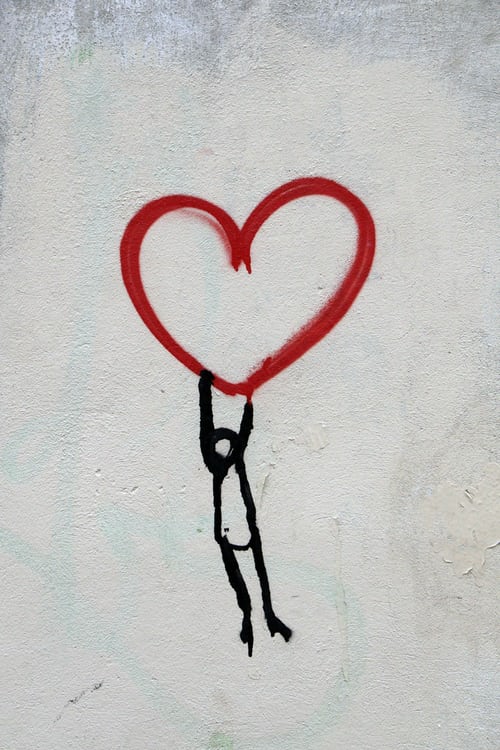
Value is important, because it lets me know who I am and what my worth is to you. How I matter to you. If I’m regarded well, I have value. If I’m regarded poorly, my value is poor. In employee/employer relationships there is a market value placed on my role with the company. I get paid so much money for the skill set I provide in the business. Market value isn’t the only valuing behavior necessary to produce relational worth in the working environment. At minimum, I can expect to have professional interactions with peers and supervisors. I can expect honest feedback, both formal and informal. I can expect a meaningful way of issuing grievances. There is little doubt that attentiveness, vision alignment and professional stability are important and inform essential meaning, security and an identity element to the work force.
Although value is difficult to define, we can agree that value moves past just simple emotion or sentiment to have action orientations that are indeed measurable. This would include acknowledgement, active collaboration and sacrificing for the good of the worker. Companies who perform well have fostered a partnership with their employees that indicates to the worker that the company is going to celebrate triumphs, provide functional support through setbacks and develop shared ownership of projects and achievements. As this is formed the workers sense of self and identity recognizes that they are not in this alone. They are part of an “us.”
When value has been violated, pain is experienced. A pain that must be coped with. The question of why was I not valued? Is a question that demands an answer. For the women responding, the industry has informed them that they have limited value. They are ornament or in-service of the demands of the hierarchy. It is a message of “less than.” Women can no longer tolerate this inequity and have reacted in a way that cannot be ignored.
How do we fix this?

Women are speaking out. Actions not words. They are not willing to listen right now. Their pleas for understanding have been unanswered for too long. The imbalance in the relational ledger has taxed their capacity to trust beyond its limits. Atonement through systemic checks and balances is necessary. it is the right of passage towards safety.
One of my fundamental beliefs is that people are hurt by relationships and healed by relationships. Atonement is the process by which value and trustworthiness are reestablished in relationships. It doesn’t consist of simple platitudes or superficial statements that are expected to make the past go away. This is not forgetting about serious damage or absolving someone who caused hurt without taking responsibility. Nor is it about subjecting oneself to an untrustworthy person or system that will re-harm all over again. Atonement is about the coming together of this community, after severe damage to rewrite the story in a responsible way that will fortify the relationship.

Through the stories told, we have learned that damage has occurred in many forms from physical and emotional abuse to tone deaf neglect. The reality that makes this pain so severe is the underlying influence that these women were not valued by this industry and they are not able to trust this industry to take care of them. Without a change in the relationship of the industry to women, this industry is doomed to live out this relationship in that hopeless pain.
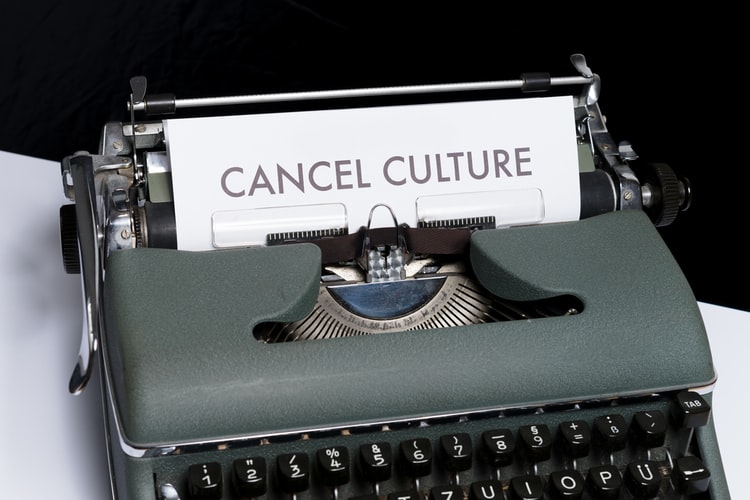
Not every person accused may have committed it. Every person accused deserves the opportunity to respond. The tendency is for those of us caught up in the story and the tribal momentum that goes with that, to become extremely reductive. People, generally cannot be reduced to their best or worst moments. There has to be an appreciation for complexity and nuance. There are very few un-nuanced moments in life and those moments almost always require body bags. We deserve to be able to distinguish between different forms of conduct. Some of the conduct alleged is criminal and perpetrators of those acts deserve legal accountability. They also deserve due process. Hard questions must be asked and we must support people who come forward to report misconduct. This industry has not been equipped to handle this complexity.
Disciplinary action, while necessary, is not the end of the story. To prevent incidents from happening again, deterrents are insufficient. Stepping down is not enough. Terminating employment is not enough. Apologies are not enough. So what is? The overwhelming preponderance of evidence found in the literature suggests that victims must be provided a voice in the process. It is the foundation of respect, critical in the facilitation of dialogue between victim and arbiter. To influence decision making, voice is important. Women in this scandal have forsaken the avenue of telling their stories through industry channels and used a public forum to seek justice.
Gofundme Campaign for @Ratmagnet/#MeToo
The industry couldn’t be trusted to hear women’s voices. It took the solidarity of women telling their stories. This forum allowed their voice to not only be heard, but to be spoken without consequence. At great risk to herself, Brienne Allan provided this forum. A Gofundme campaign was established to help her with any potential legal costs she could encounter. Notch Brewing, where she is employed, has offered their faith and support of her efforts and have taken her insights to step up their efforts toward prevention. Many other breweries, who were not involved in the story have offered their words of support and their promises of action toward prevention.
Atonement for the craft beer #MeToo
Atonement can begin with a few reasonable considerations. To provide voice, more women need to be included in management roles. Women need to be involved in the hiring processes of breweries. Women need to be involved in company and industry policy making. The responsible breweries should offer significant financial contributions toward the establishment of breweries owned and run by women. Equity Brewing in Oklahoma is just such a brewery.
Compensation for Craft Beer #MeToo
The industry must rebuild trust by compensating women by building a new culture. The industry in word is preparing to accept responsibility for this injustice and the hurt caused. Punitive actions have begun. Anonymous third party systems have been proposed as an avenue for employees to report without fear. These are introductory offerings of compensation. With continued dialogue, the potholes that exist in the road between a male dominated industry and the women they employ, can lead to value and trustworthiness. This is just one man’s opinion. I could be wrong. I almost always am.

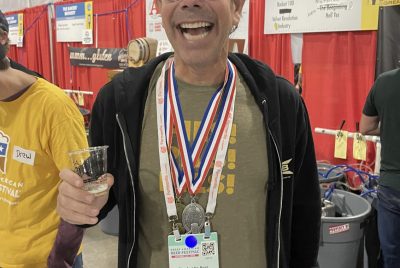

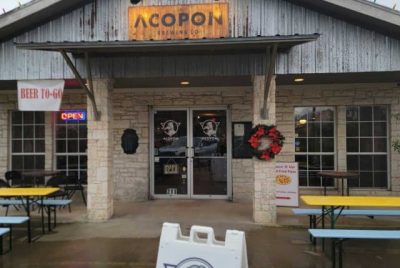
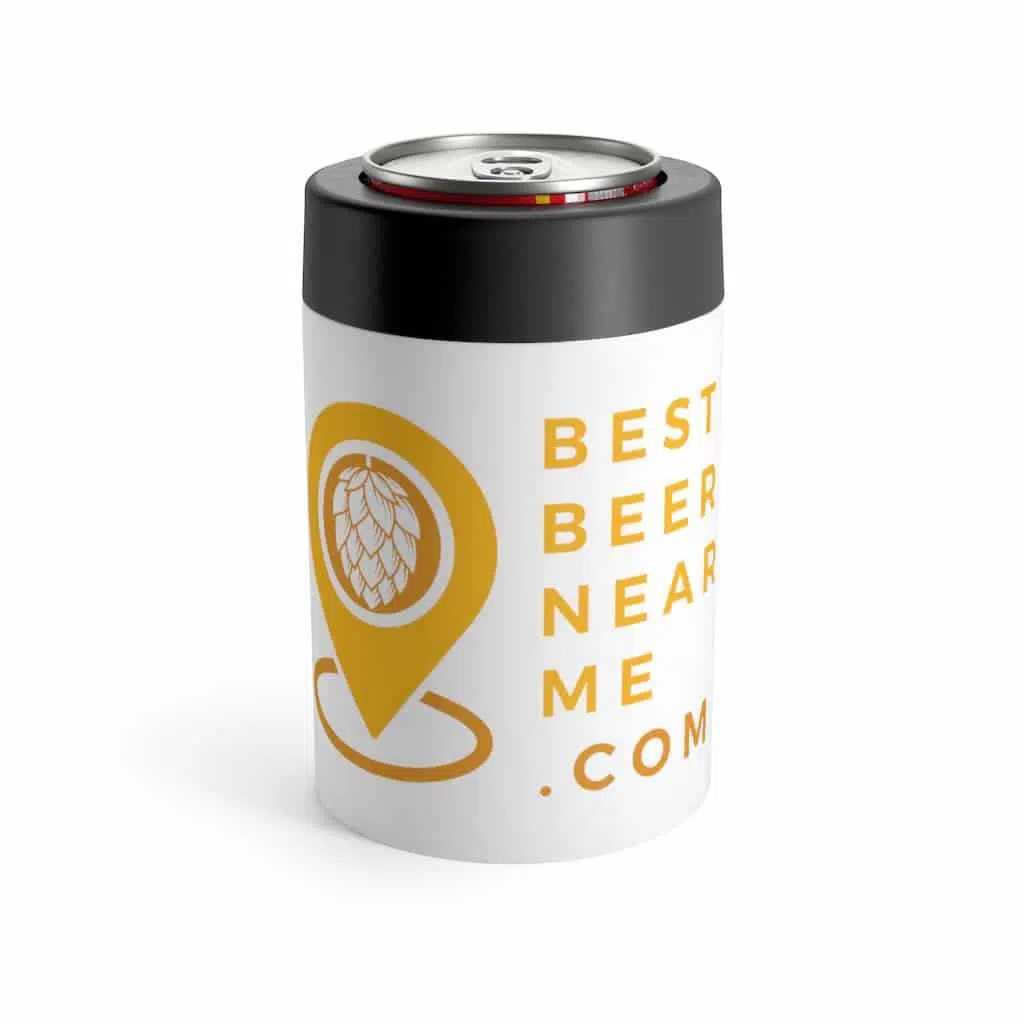

This Post Has 0 Comments